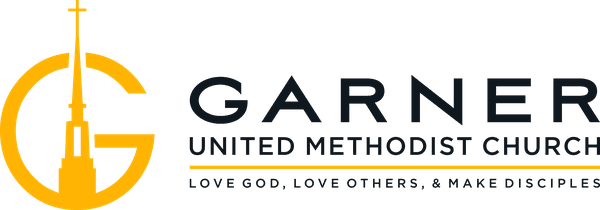What we believe
John Wesley and the early Methodists were particularly concerned about inviting people to experience God’s grace and to grow in their knowledge and love of God through disciplined Christian living. They placed primary emphasis on Christian living, on putting faith and love into action. This emphasis on what Wesley called “practical divinity” has continued to be a hallmark of United Methodism today. The distinctive shape of our theological heritage can be seen in this emphasis on Christian living and in Wesley’s distinctive understanding of God’s saving grace. Although Wesley shared with many other Christians a belief in salvation by grace, he combined them in a powerful way to create distinctive emphases for living a full Christian life.
Faith and Good Works
United Methodists insist that faith and good works belong together. What we believe must be confirmed by what we do. Personal salvation must be expressed in ministry and mission in the world. We believe that Christian doctrine and Christian ethics are inseparable and that faith should inspire service. The integration of personal piety and social holiness has been a hallmark of our tradition. We affirm the biblical precept that “faith by itself if it has no works, is dead” (James 2:17).
Mission and Service
Because of what God has done for us, we offer our lives back to God through a life of service. As disciples, we become active participants in God’s activity in the world through mission and service. The love of God is always linked to love of neighbor, a passionate commitment to seeking justice and renewal in the world.
Nurture and Mission of the Church
For Wesley, there was no religion but social religion, no holiness but social holiness. In other words, faith always includes a social dimension. One cannot be a solitary Christian. As we grow in faith through our participation in the church community, we are also nourished and equipped for mission and service to the world.
"From Wesley's time to the present, Methodism has sought to be both a nurturing community and a servant community. Members of Methodist Societies and class meetings met for personal nurture through giving to the poor, visiting the imprisoned, and working for justice and peace in the community. They sought not only to receive the fullness of God's grace for themselves; but…they saw themselves as existing 'to reform the nation…and to spread scriptural holiness over the land'"
